Home>Articles>How Often Do Circuit Breakers Need To Be Replaced
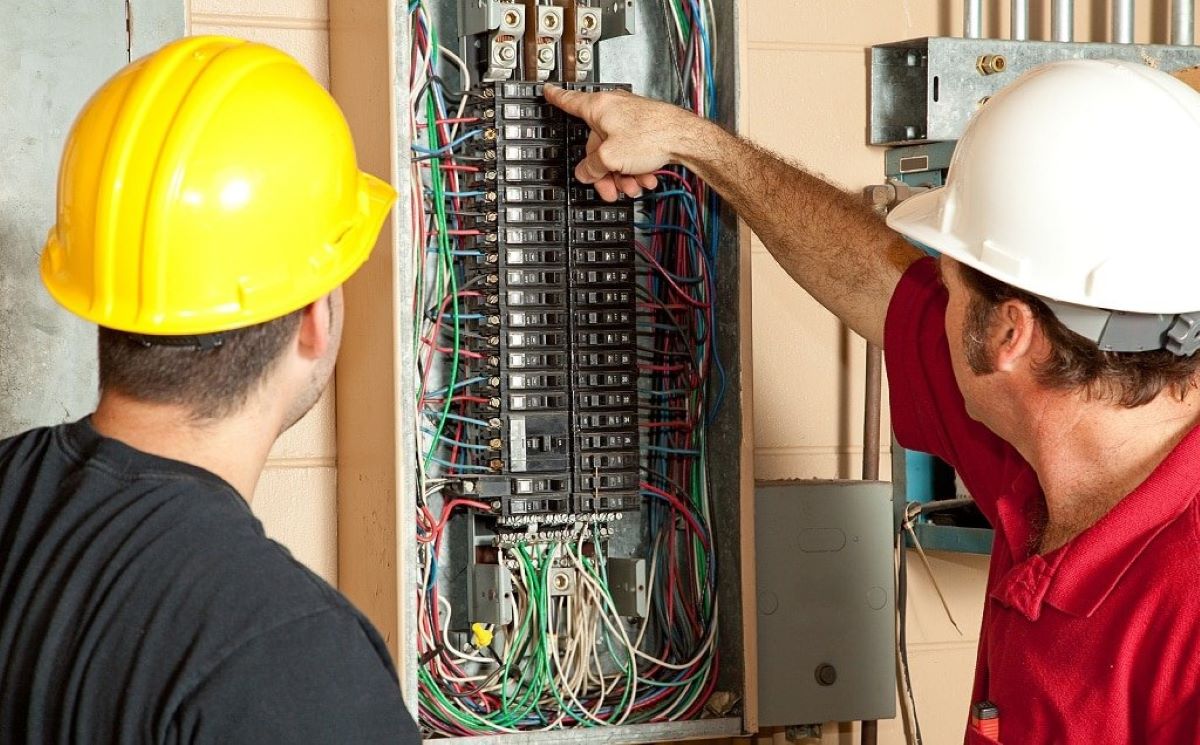

Articles
How Often Do Circuit Breakers Need To Be Replaced
Modified: December 7, 2023
Find out how often circuit breakers need to be replaced with articles that provide valuable information and expert advice. Discover the signs that could indicate it's time for a replacement.
(Many of the links in this article redirect to a specific reviewed product. Your purchase of these products through affiliate links helps to generate commission for Storables.com, at no extra cost. Learn more)
Introduction
When it comes to the safety and functionality of our electrical systems, circuit breakers play a crucial role. These devices are designed to protect our homes and businesses from electrical overloads and short circuits by automatically shutting off power to the affected circuit. However, like any electrical component, circuit breakers have a limited lifespan and may need to be replaced at some point.
In this article, we will explore the lifespan of circuit breakers, signs that indicate they may need to be replaced, factors that affect their lifespan, the importance of regular electrical inspections, and when it is necessary to replace them. Understanding these aspects will help ensure the safety and efficiency of your electrical system.
Key Takeaways:
- Regular electrical inspections are crucial for identifying potential hazards, prolonging circuit breaker lifespan, and ensuring compliance with safety standards. Proactive maintenance can prevent accidents and optimize energy usage.
- Knowing when to replace circuit breakers is vital for maintaining electrical system functionality and safety. Frequent tripping, physical damage, obsolescence, incompatibility, and age are key indicators for replacement.
Read more: What Replaces ITE Breakers
Understanding Circuit Breakers
Before delving into the lifespan and replacement of circuit breakers, let’s take a moment to understand how they work. A circuit breaker is an electrical switch that is designed to protect an electrical circuit from damage caused by excessive current flow.
When an electrical overload occurs or a short circuit is detected, the circuit breaker trips, cutting off electricity flow to the circuit and preventing any further damage. This is achieved through a mechanism that includes a bi-metal strip or an electromagnet, which senses the current passing through the circuit. When the current exceeds the predefined limit, the strip or the magnet triggers the breaker to switch off.
Circuit breakers are typically installed in electrical panels, commonly known as breaker boxes. These panels serve as the central hub for controlling and distributing electrical power throughout a building or residence. Each circuit breaker in the panel corresponds to a specific electrical circuit, such as those that power lights, outlets, appliances, or specific areas of the building.
It’s important to note that circuit breakers should not be confused with fuses. While both perform the same function of protecting electrical circuits, fuses need to be replaced when they blow out, whereas circuit breakers can be reset after they trip.
Now that we have a basic understanding of how circuit breakers function, let’s explore their lifespan and when they may need to be replaced.
Lifespan of Circuit Breakers
The lifespan of a circuit breaker can vary depending on several factors, including its quality, usage, maintenance, and the environment in which it is installed. On average, a well-maintained circuit breaker can last anywhere from 15 to 30 years.
However, it’s important to note that this is a general estimate and not an exact timeline. Some circuit breakers may fail prematurely due to manufacturing defects, poor installation, or external factors such as power surges or environmental conditions. On the other hand, regular maintenance and proper usage can extend the lifespan of a circuit breaker.
Manufacturers typically provide guidelines on the expected lifespan of their circuit breakers. It’s advisable to check the documentation provided by the manufacturer or consult with an electrician for more specific information about the lifespan of the circuit breakers installed in your home or business.
Regular electrical inspections are essential to ensure that circuit breakers are functioning properly. In addition to checking for signs of wear and tear, an electrician can perform tests to determine if a circuit breaker is operating within its specified parameters. This proactive approach can help identify any potential issues before they escalate into major problems.
Understanding the lifespan of circuit breakers is crucial for maintaining the safety and efficiency of your electrical system. By monitoring their condition and addressing any concerns in a timely manner, you can prevent electrical hazards and avoid costly repairs or replacements.
Signs of a Failing Circuit Breaker
As circuit breakers age or experience excessive wear and tear, they may exhibit signs of failure. It’s important to be aware of these signs so that you can take appropriate action to address the issue. Here are some common signs of a failing circuit breaker:
- Frequent tripping: If your circuit breaker is tripping frequently even when the load is within acceptable limits, it may be a sign of a problem. This could be caused by a weak trip mechanism or an overloaded circuit.
- Burning smell or discoloration: If you notice a burning smell or discoloration around the circuit breaker panel, it’s important to investigate the issue. This could indicate overheating or electrical arcing, which are signs of a fault in the breaker.
- Hot to touch: A circuit breaker that feels excessively hot to the touch is a cause for concern. It could indicate loose connections, faulty wiring, or an overload on the circuit.
- Visible damage: Physical damage, such as cracks, chips, or bent components, can compromise the integrity of the circuit breaker. If you notice any visible damage, it’s best to have it replaced promptly.
- Tripping without load: If the circuit breaker trips even when there is no load applied to the circuit, it could be a sign of an internal fault. This should be addressed immediately to prevent further damage.
- Inconsistent power supply: If you experience inconsistent power supply, such as lights flickering or outlets not working properly, it could indicate a faulty circuit breaker.
- Age: Consider the age of your circuit breakers. If they are nearing or exceeding the manufacturer’s expected lifespan, it may be wise to have them inspected or replaced.
If you notice any of these signs or have concerns about the performance of your circuit breakers, it’s best to consult with a licensed electrician. They can evaluate the situation, identify the underlying issue, and recommend appropriate solutions, such as repairs or replacements.
Remember, it’s better to address potential problems early on to ensure the safety and reliability of your electrical system.
Circuit breakers should be replaced every 10-15 years to ensure they continue to function properly and protect your electrical system. Regular maintenance and inspections are also important to identify any issues early.
Factors that Affect Circuit Breaker Lifespan
The lifespan of circuit breakers can be influenced by various factors. Understanding these factors can help you determine how long your circuit breakers are likely to last and take measures to extend their lifespan. Here are some key factors that can affect the lifespan of circuit breakers:
- Quality of the circuit breaker: The quality of the circuit breaker itself plays a significant role in its lifespan. Higher quality circuit breakers, typically manufactured by reputable brands, are built to withstand a greater number of operations and have more durable components.
- Usage patterns and load: The frequency and intensity of electrical usage can impact the lifespan of circuit breakers. Circuit breakers that are subjected to frequent high-current loads or overloads may wear out faster than those that are used within their intended limits.
- Maintenance and care: Regular maintenance and proper care can significantly extend the lifespan of circuit breakers. Keeping the panels clean and free from dust or debris, tightening loose connections, and addressing any issues promptly can help ensure optimum performance and longevity.
- Environmental conditions: The environment in which circuit breakers are installed can affect their lifespan. Factors such as temperature extremes, excessive humidity, and exposure to corrosive substances can accelerate wear and tear and impact the performance of circuit breakers.
- Electrical surges and faults: Electrical surges, such as those caused by lightning strikes or power fluctuations, can put strain on circuit breakers and potentially reduce their lifespan. Additionally, faults in the electrical system, such as short circuits or faulty wiring, can lead to repeated tripping and wear out the circuit breakers more quickly.
- Incorrect installation: Improper installation of circuit breakers can lead to premature failure. It’s essential to ensure that circuit breakers are installed according to the manufacturer’s guidelines and by a qualified electrician to avoid issues that may shorten their lifespan.
While some factors affecting circuit breaker lifespan are beyond our control, others can be managed and mitigated. By investing in high-quality circuit breakers, practicing proper maintenance, and addressing any electrical issues promptly, you can maximize the lifespan of your circuit breakers and ensure the safety and efficiency of your electrical system.
Read more: How To Replace Pushmatic Circuit Breakers
Importance of Regular Electrical Inspections
Regular electrical inspections are crucial for maintaining the safety, efficiency, and reliability of your electrical system. These inspections involve a comprehensive evaluation of your electrical components, including circuit breakers, to identify any potential issues or safety hazards. Here are the key reasons why regular electrical inspections are important:
- Identify potential electrical hazards: Electrical inspections help identify potential hazards that could lead to electrical fires, shocks, or other accidents. Faulty circuit breakers, damaged wiring, and overloaded circuits can all pose a significant risk if left unchecked. Inspections allow electricians to detect and address these hazards before they escalate into major problems.
- Prolong the lifespan of circuit breakers: Regular inspections and maintenance can significantly extend the lifespan of circuit breakers. Electricians will check for signs of wear and tear, loose connections, or internal faults that could affect the performance of the circuit breakers. By addressing these issues promptly, the lifespan of the circuit breakers can be preserved, reducing the need for premature replacements.
- Ensure compliance with safety standards: Electrical inspections ensure that your electrical system meets the required safety standards and codes. This is particularly important for commercial buildings and rental properties, as non-compliance can result in penalties and legal issues. Additionally, complying with safety standards helps protect the occupants of the building and reduces the risk of accidents.
- Efficient energy usage: Electrical inspections can identify areas of energy inefficiency in your electrical system. Faulty wiring or outdated components may cause power wastage or higher energy bills. By addressing these issues, you can optimize your energy usage and potentially save on your electricity costs.
- Peace of mind: Regular electrical inspections provide peace of mind, knowing that your electrical system is safe and in good working condition. Whether you are a homeowner or a business owner, knowing that your electrical system has been thoroughly inspected by a professional can alleviate concerns and ensure the safety of your property and its occupants.
It’s important to note that electrical inspections should be conducted by qualified and licensed electricians who are trained to identify electrical issues accurately. Depending on the size and complexity of your electrical system, inspections may be recommended annually or more frequently. Consult with an electrician to determine the appropriate inspection schedule for your specific needs.
By investing in regular electrical inspections, you can proactively manage the condition of your electrical system, prevent potential hazards, and ensure the safety and efficiency of your circuit breakers and other electrical components.
When to Replace Circuit Breakers
Knowing when to replace circuit breakers is essential for maintaining the safety and functionality of your electrical system. While circuit breakers have a long lifespan, there are certain circumstances that indicate the need for replacement. Here are some instances when you should consider replacing circuit breakers:
- Frequent tripping: If your circuit breakers are tripping frequently, even with normal or lower electrical loads, it could be a sign of a worn-out breaker. Continuous tripping can lead to further damage and potential hazards, so it is advisable to have the breakers replaced.
- Signs of physical damage: Physical damage to circuit breakers, such as cracks, chips, or bent components, compromises their ability to function properly. If you notice any visible damage, it’s best to have the breaker replaced by a qualified electrician.
- Obsolete or outdated breakers: If your circuit breakers are outdated and no longer meet current safety standards, it is recommended to replace them. Outdated breakers may not have the capacity to handle modern electrical demands, and they may lack essential safety features.
- Incompatibility with the electrical system: In some cases, circuit breakers may be incompatible with the electrical system they are installed in. This can be due to changes or upgrades made to the system over time. If your electrical system has been modified, it’s important to ensure that the circuit breakers are suitable and compatible. If not, replacement may be necessary.
- Tripping without load: If a circuit breaker consistently trips without any load or with minimal load, it may indicate an internal fault. Internal faults can render the breakers unreliable and pose a safety risk. In such cases, replacement is recommended.
- Age and wear: While circuit breakers can last for several decades, age and wear can eventually lead to deterioration and decreased performance. If your breakers are approaching or exceeding their expected lifespan, it may be wise to consider replacing them as a preventive measure.
If you are experiencing any of these signs or have concerns about the condition of your circuit breakers, it’s crucial to consult with a professional electrician. They will assess the situation, determine if replacement is necessary, and ensure that the new circuit breakers are installed correctly and in compliance with safety standards.
Remember, the timely replacement of circuit breakers is crucial to maintain the safety, reliability, and efficiency of your electrical system. Regular inspections and proactive maintenance can help detect any potential issues and allow for prompt replacement when needed.
Conclusion
Circuit breakers are a fundamental component of our electrical systems, serving to protect our homes and businesses from electrical overloads and short circuits. Understanding the lifespan and signs of a failing circuit breaker is crucial for maintaining the safety and efficiency of our electrical systems.
Regular electrical inspections play a pivotal role in identifying potential hazards, prolonging the lifespan of circuit breakers, and ensuring compliance with safety standards. By addressing issues promptly and proactively managing the condition of our electrical systems, we can prevent accidents, reduce the risk of electrical fires, and optimize energy usage.
Knowing when to replace circuit breakers is vital for the continued functionality and safety of our electrical systems. Frequent tripping, physical damage, obsolescence, incompatibility, and age are all factors that may indicate the need for circuit breaker replacement. By being mindful of these signs and consulting with a professional electrician, we can make informed decisions and ensure the reliability of our electrical systems.
In conclusion, circuit breakers are not immortal. They have a lifespan, and it is essential to be attentive to their condition and take appropriate action when necessary. Regular inspections, proactive maintenance, and prompt replacement of circuit breakers when needed will help safeguard our electrical systems, protect our property, and ensure the well-being of those within. Stay vigilant, stay safe!
Frequently Asked Questions about How Often Do Circuit Breakers Need To Be Replaced
Was this page helpful?
At Storables.com, we guarantee accurate and reliable information. Our content, validated by Expert Board Contributors, is crafted following stringent Editorial Policies. We're committed to providing you with well-researched, expert-backed insights for all your informational needs.
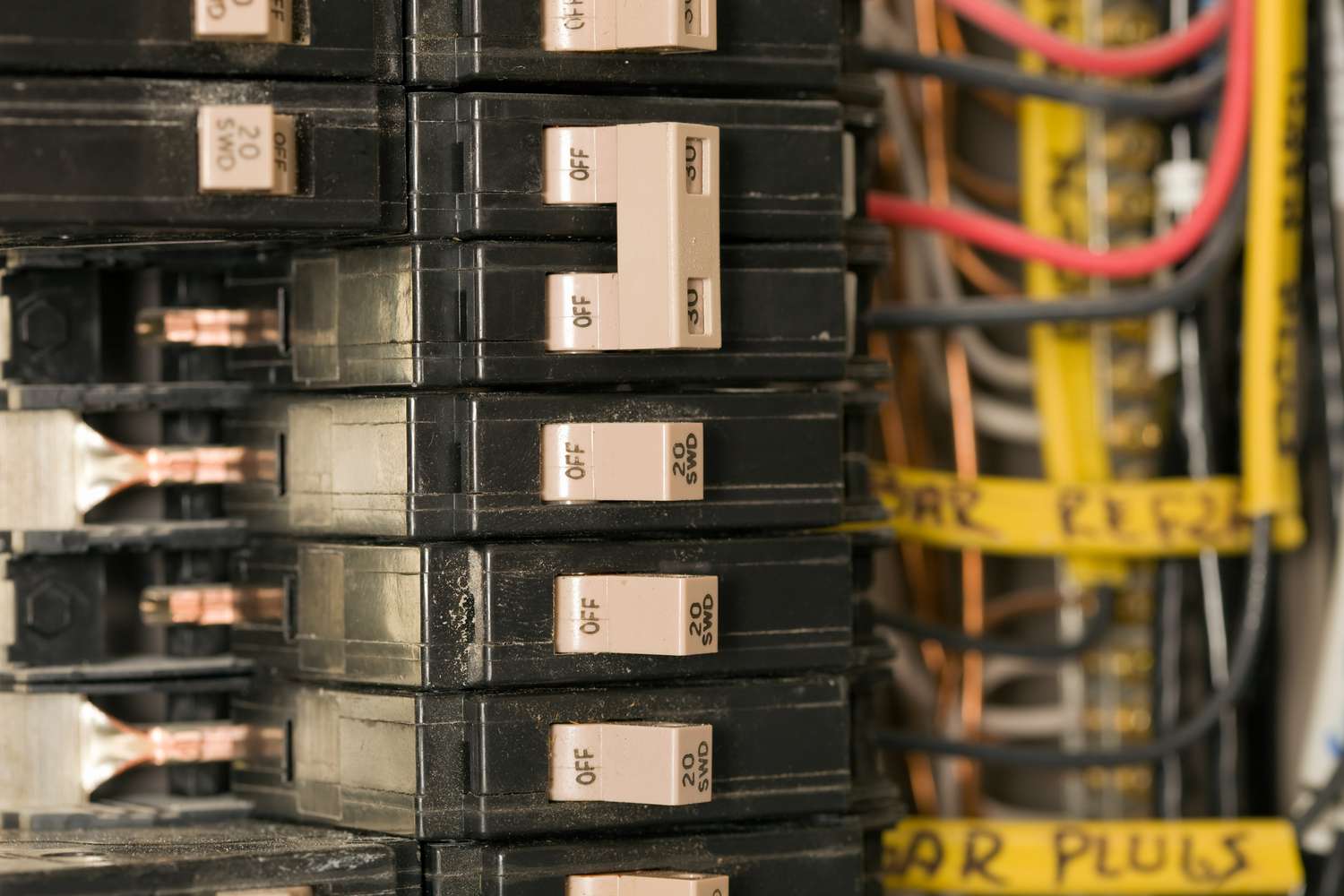
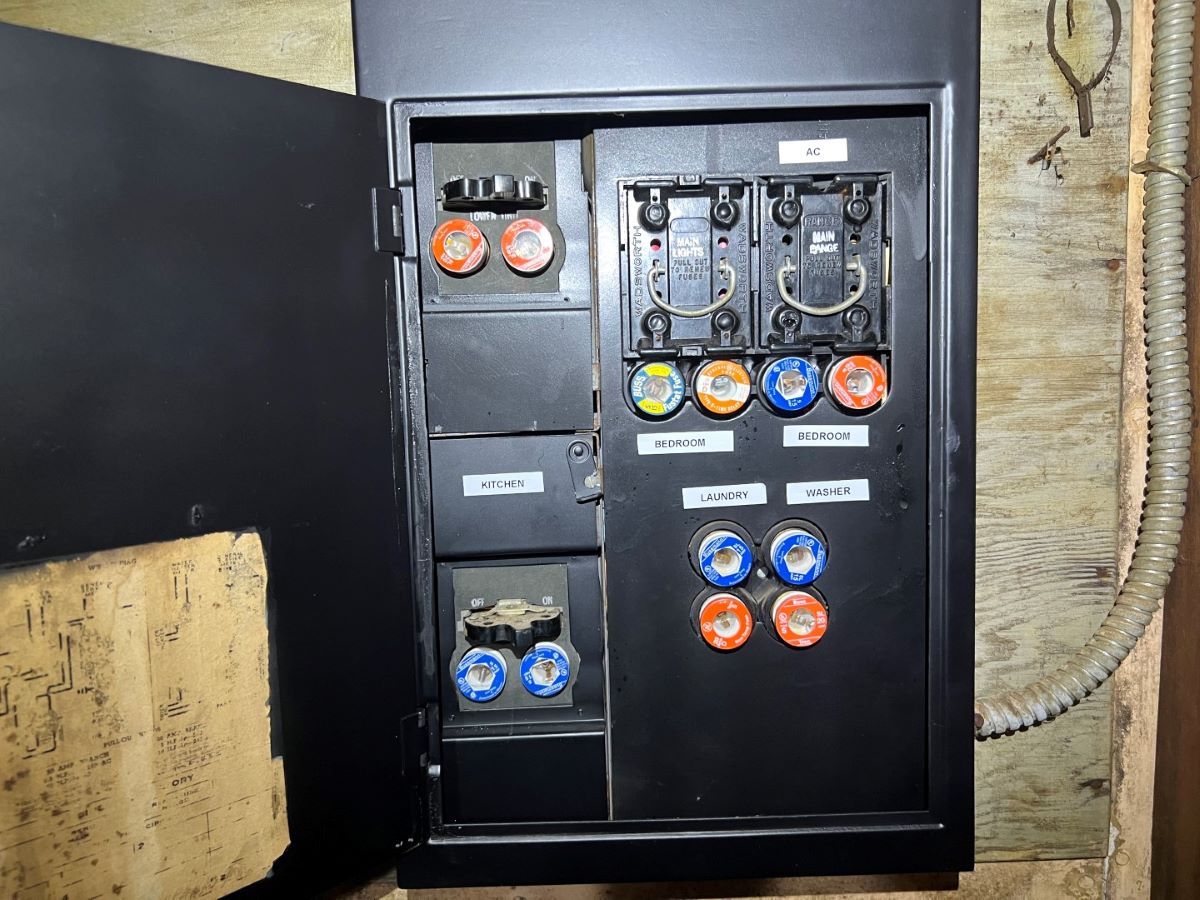
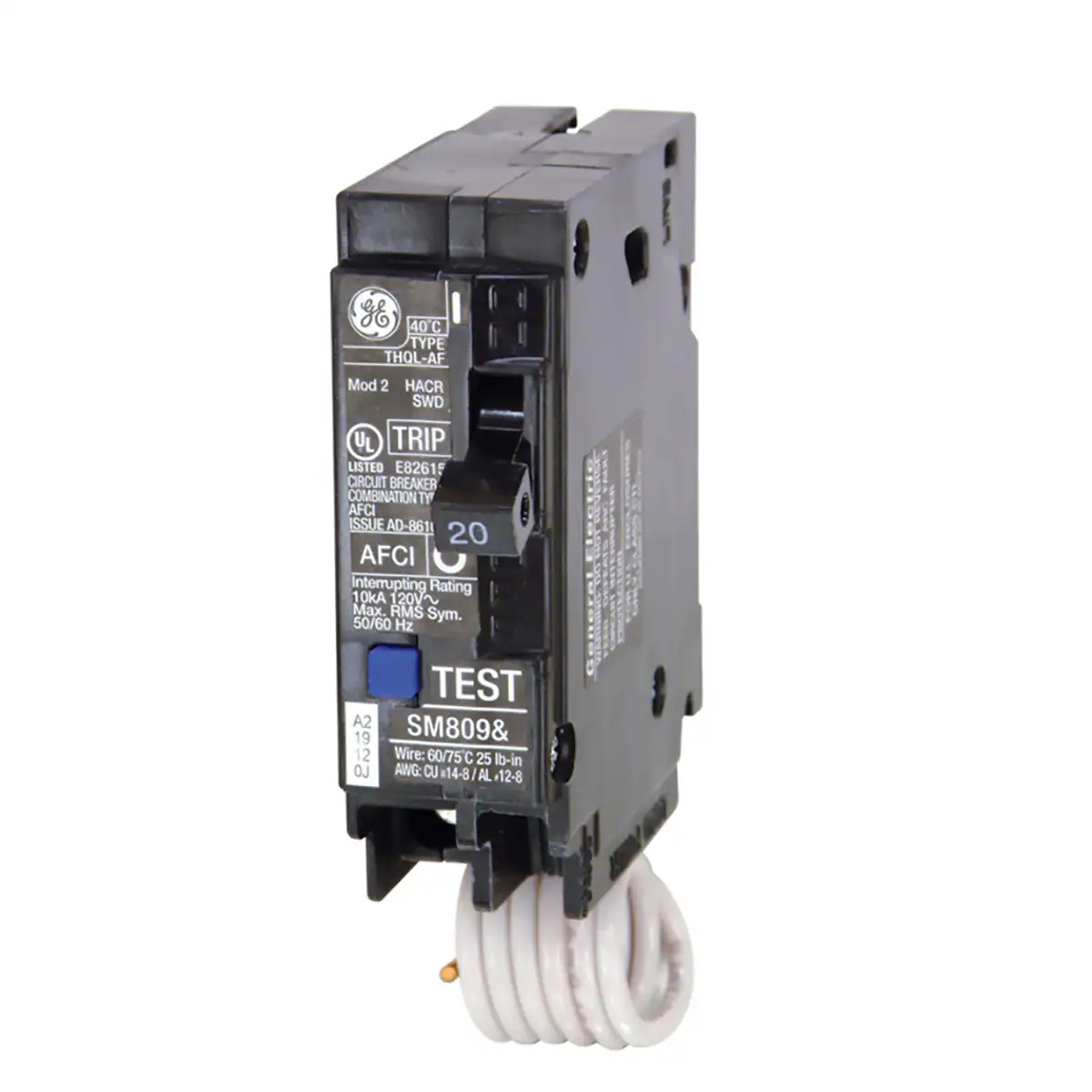
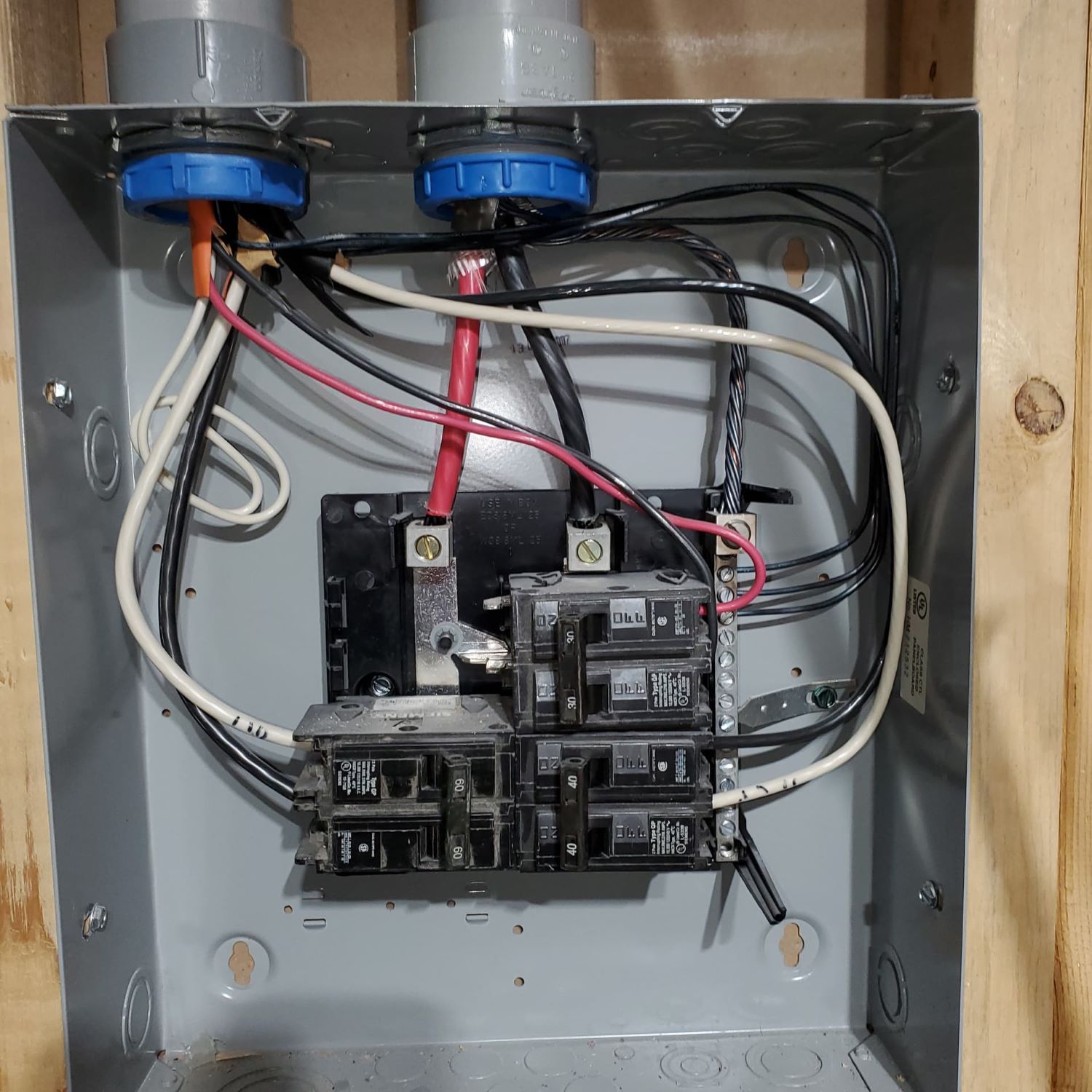
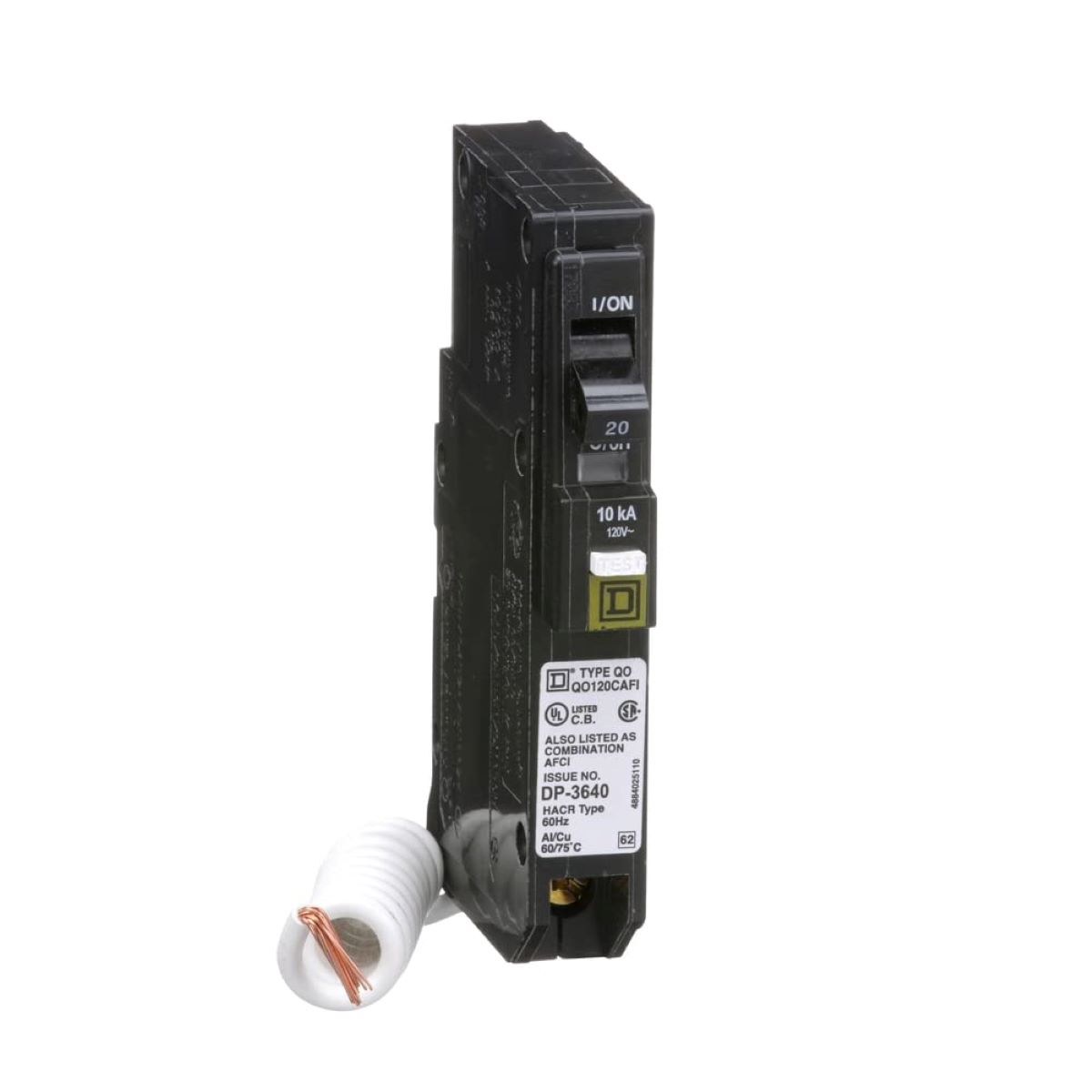
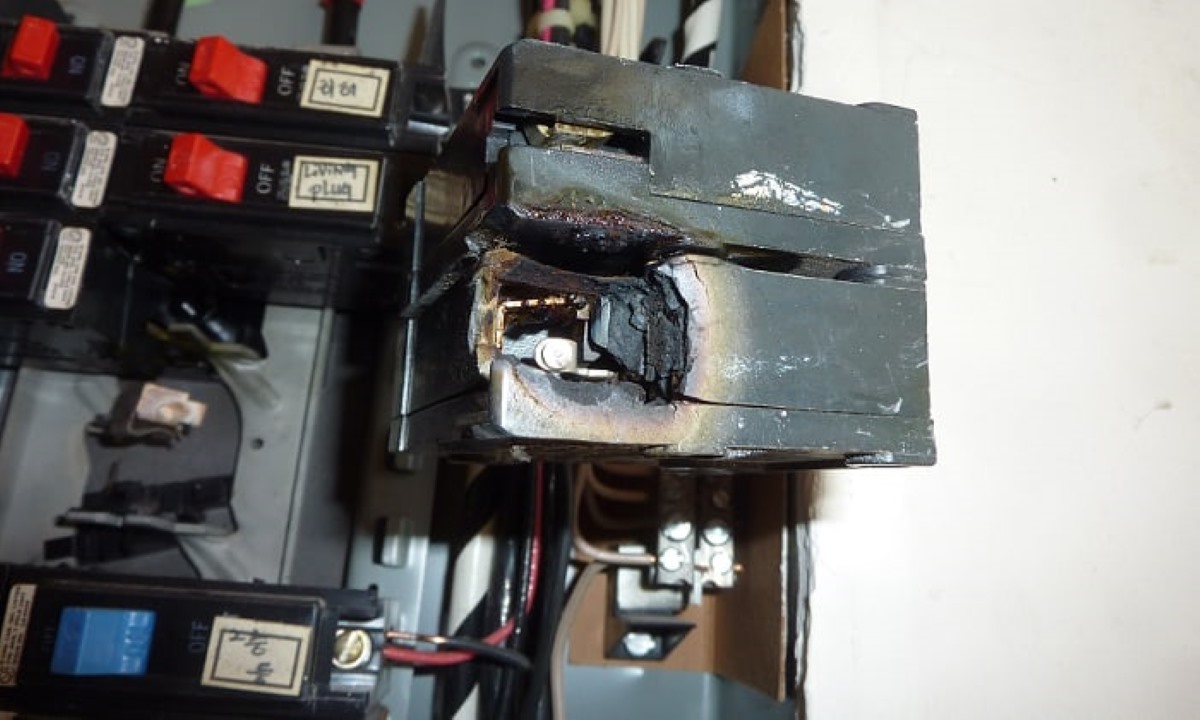
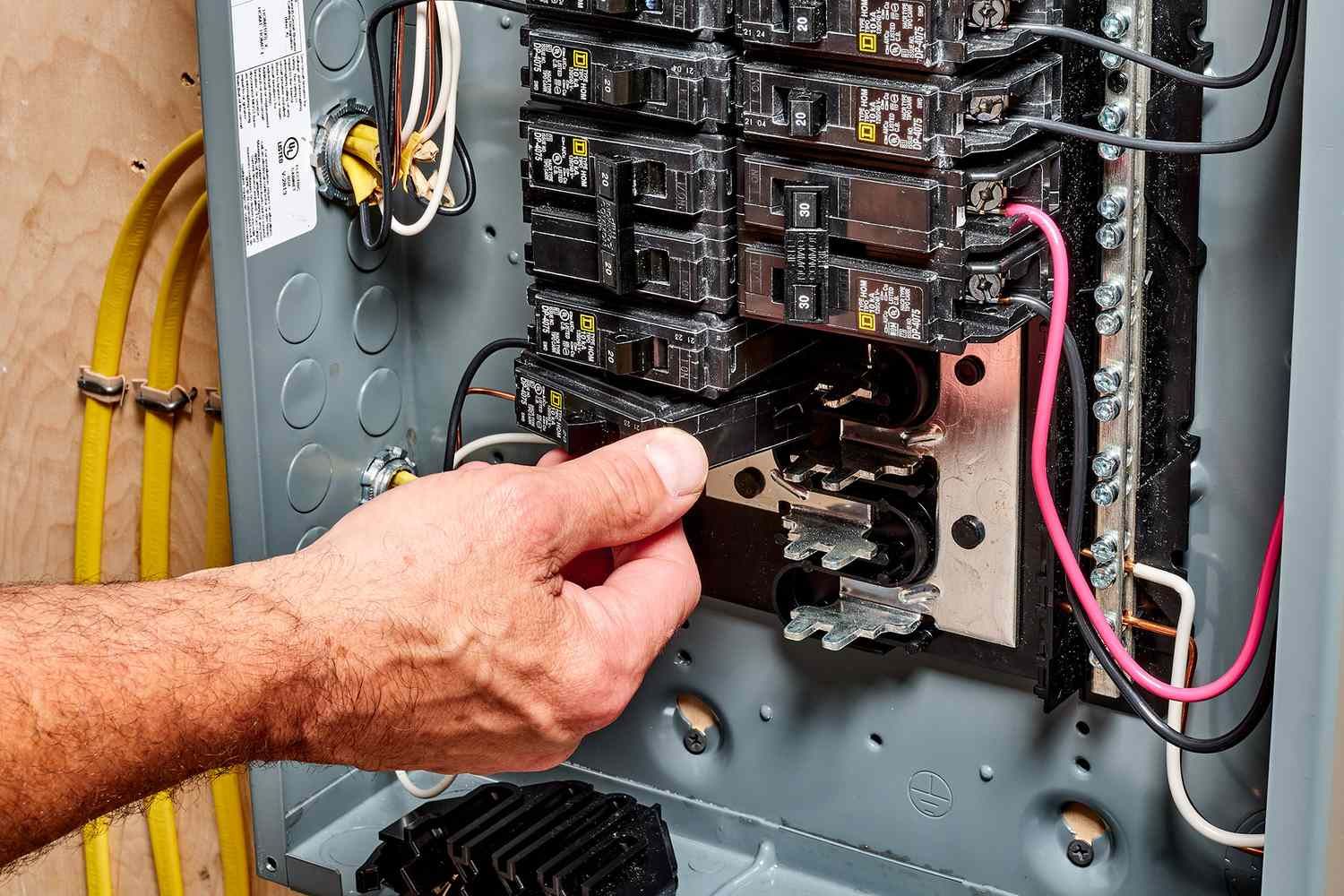
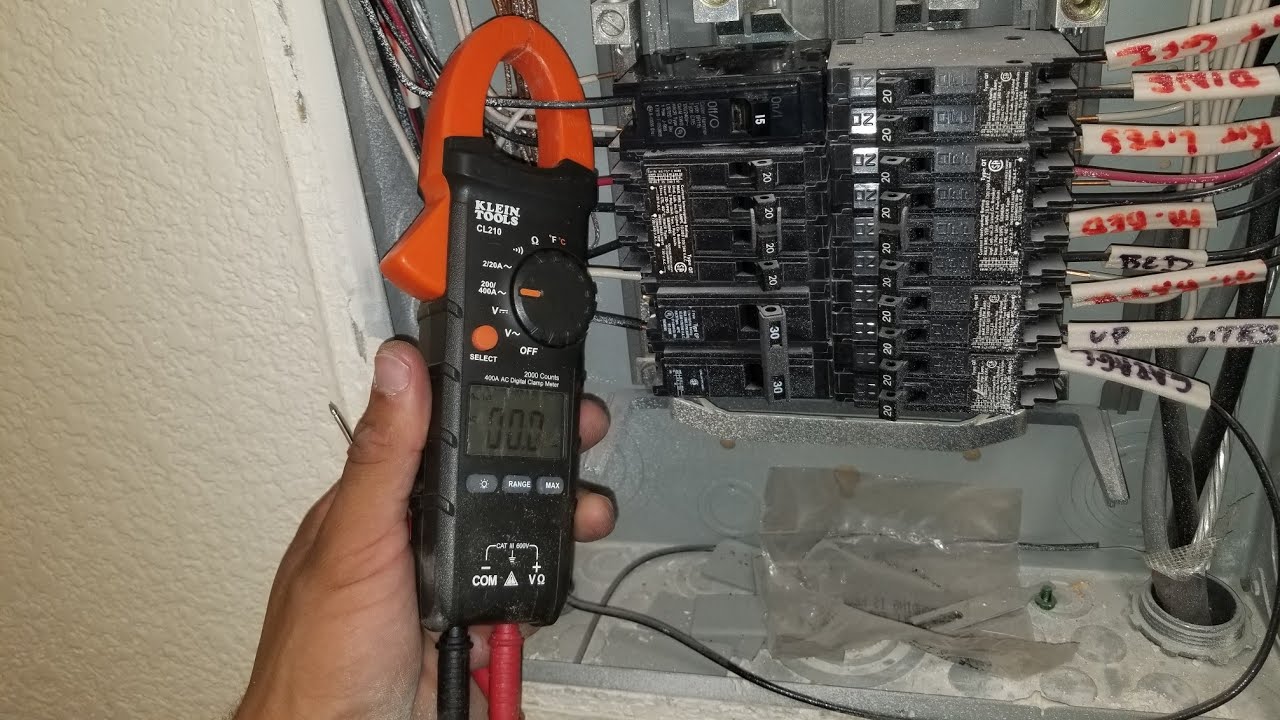
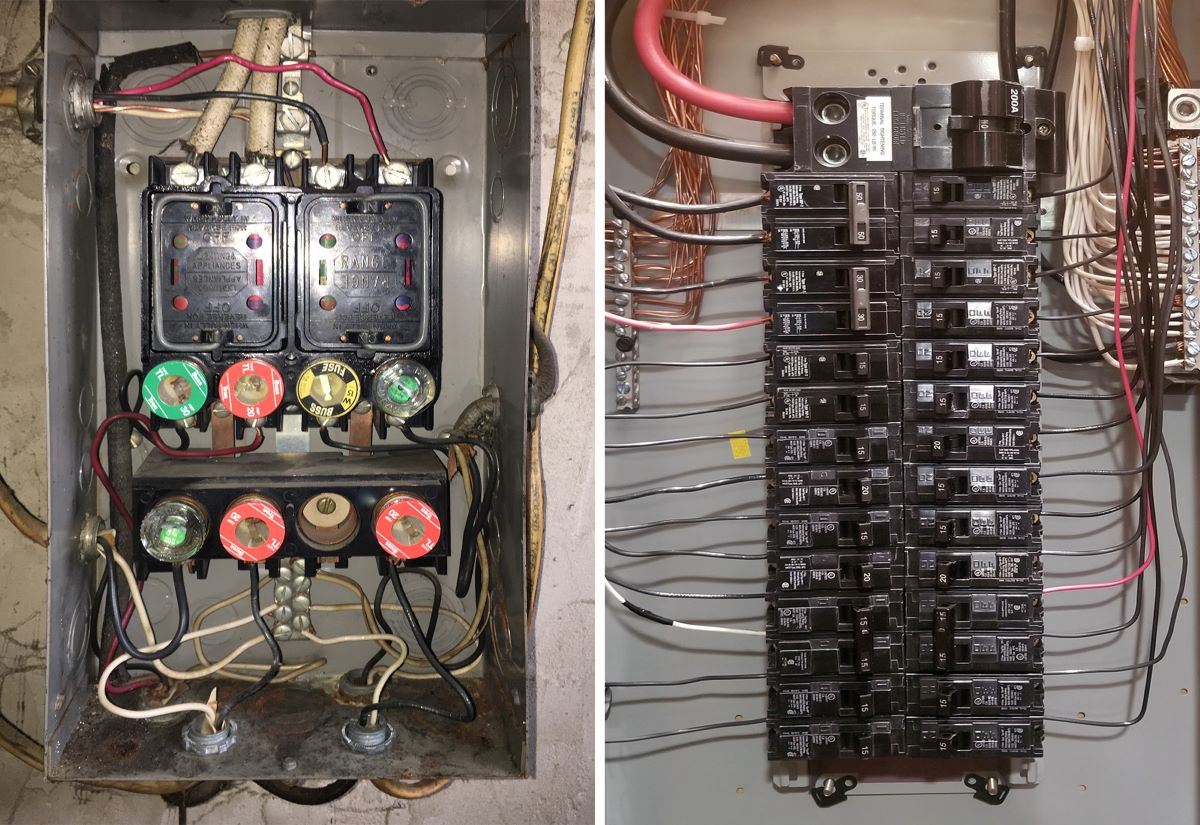
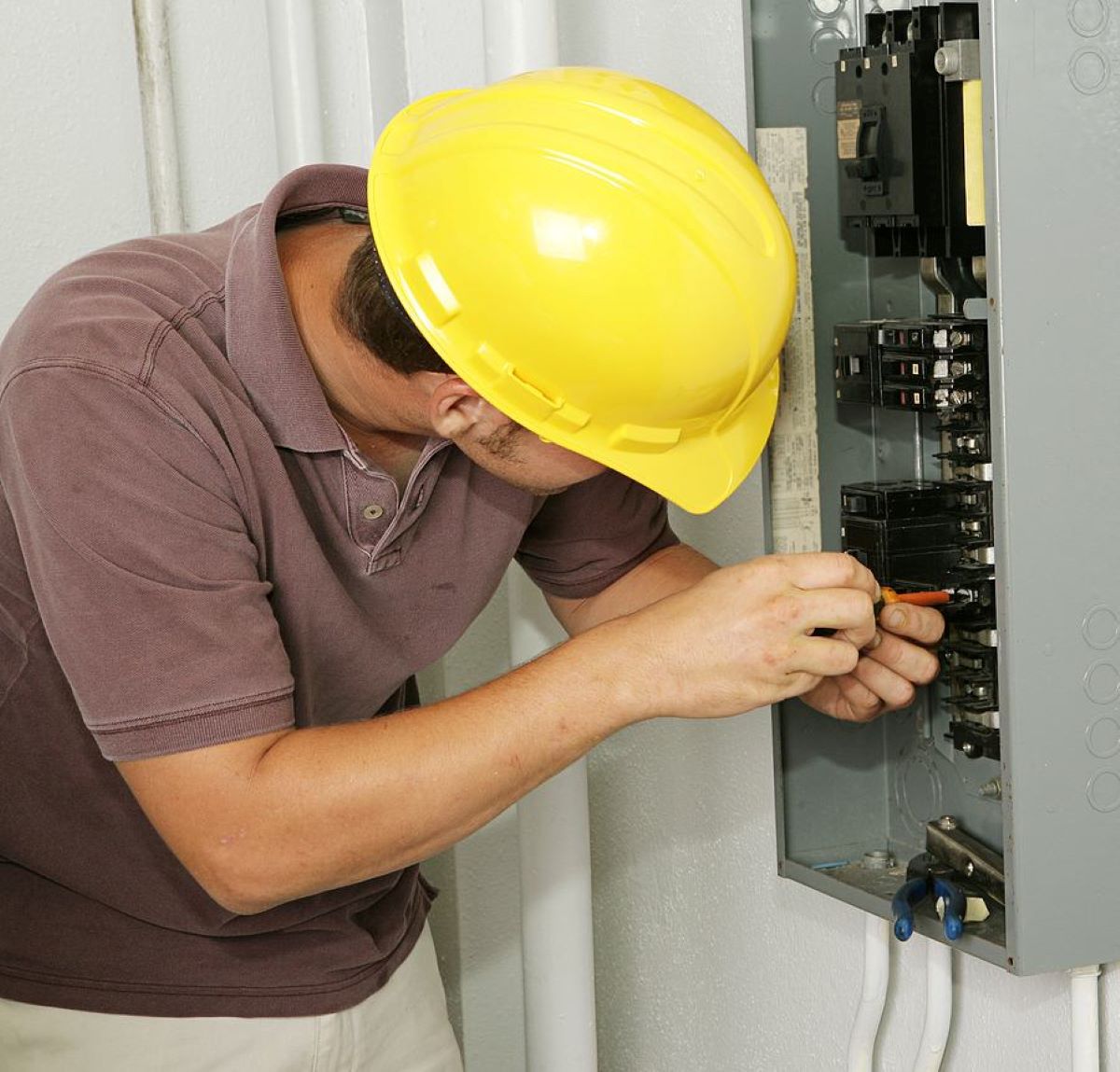
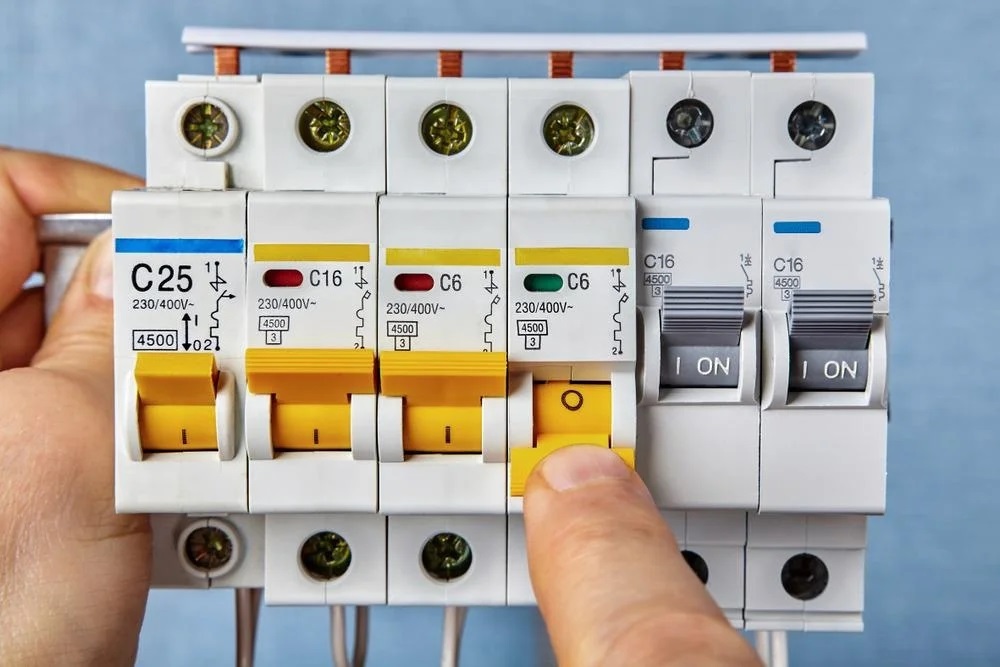
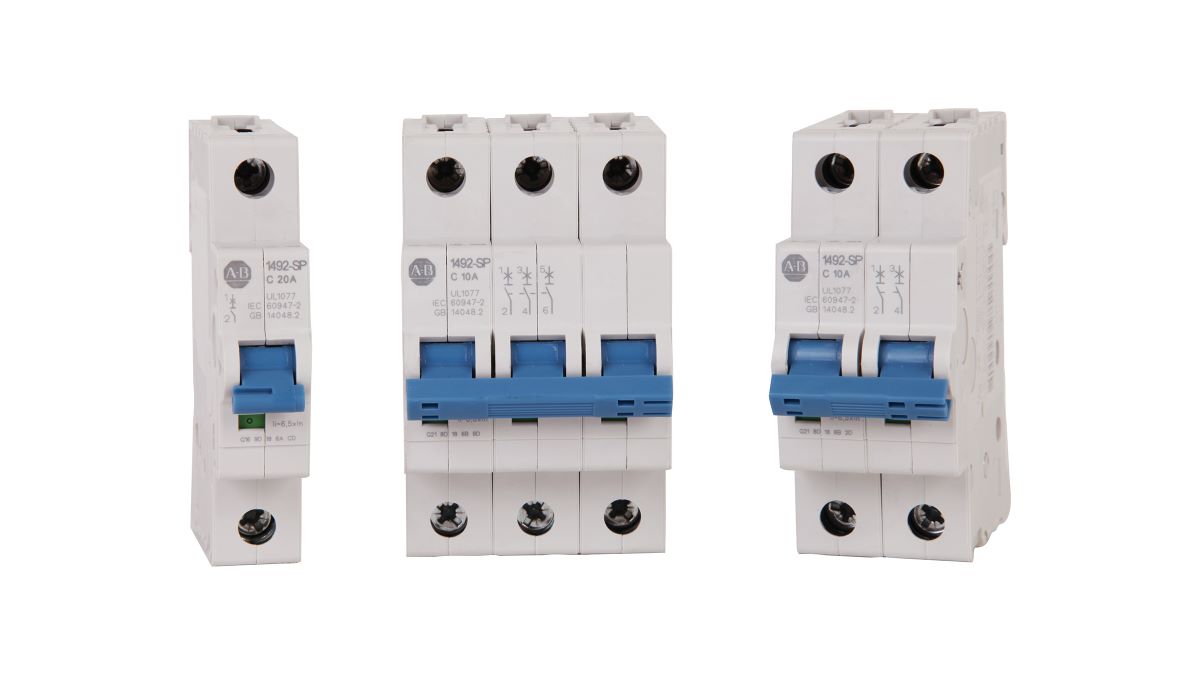
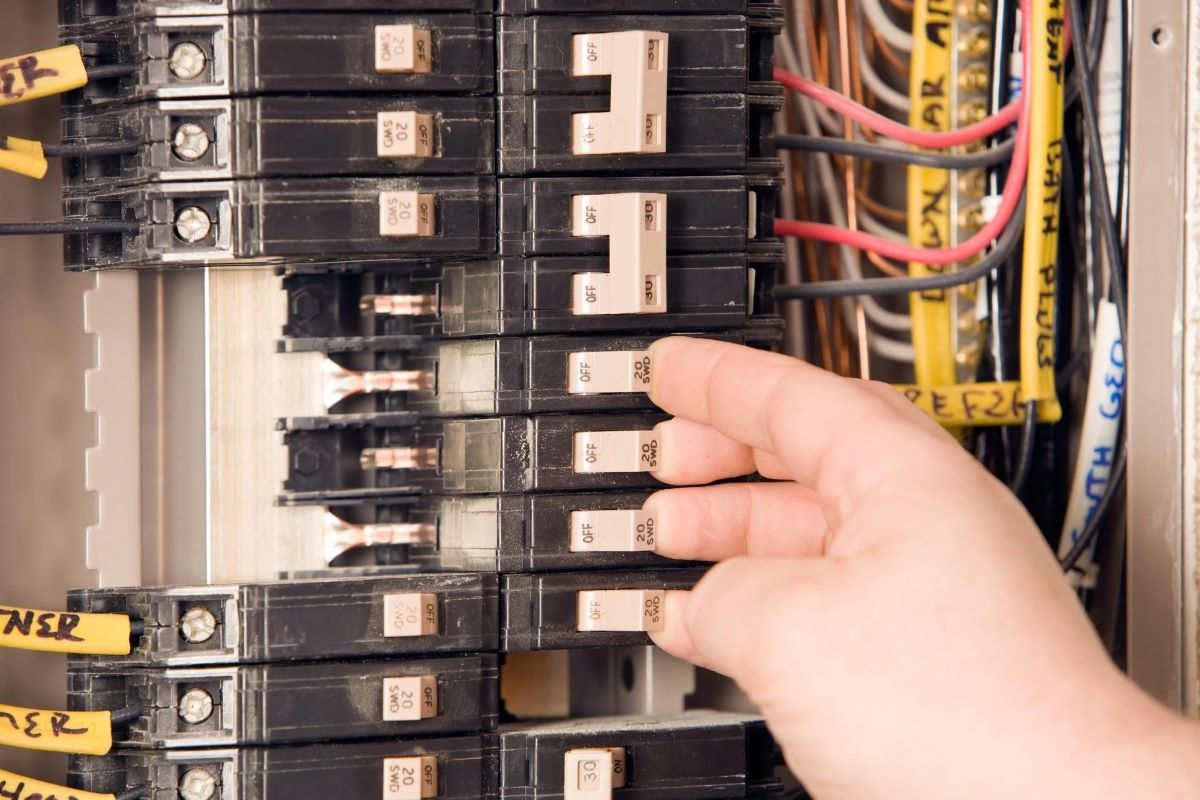
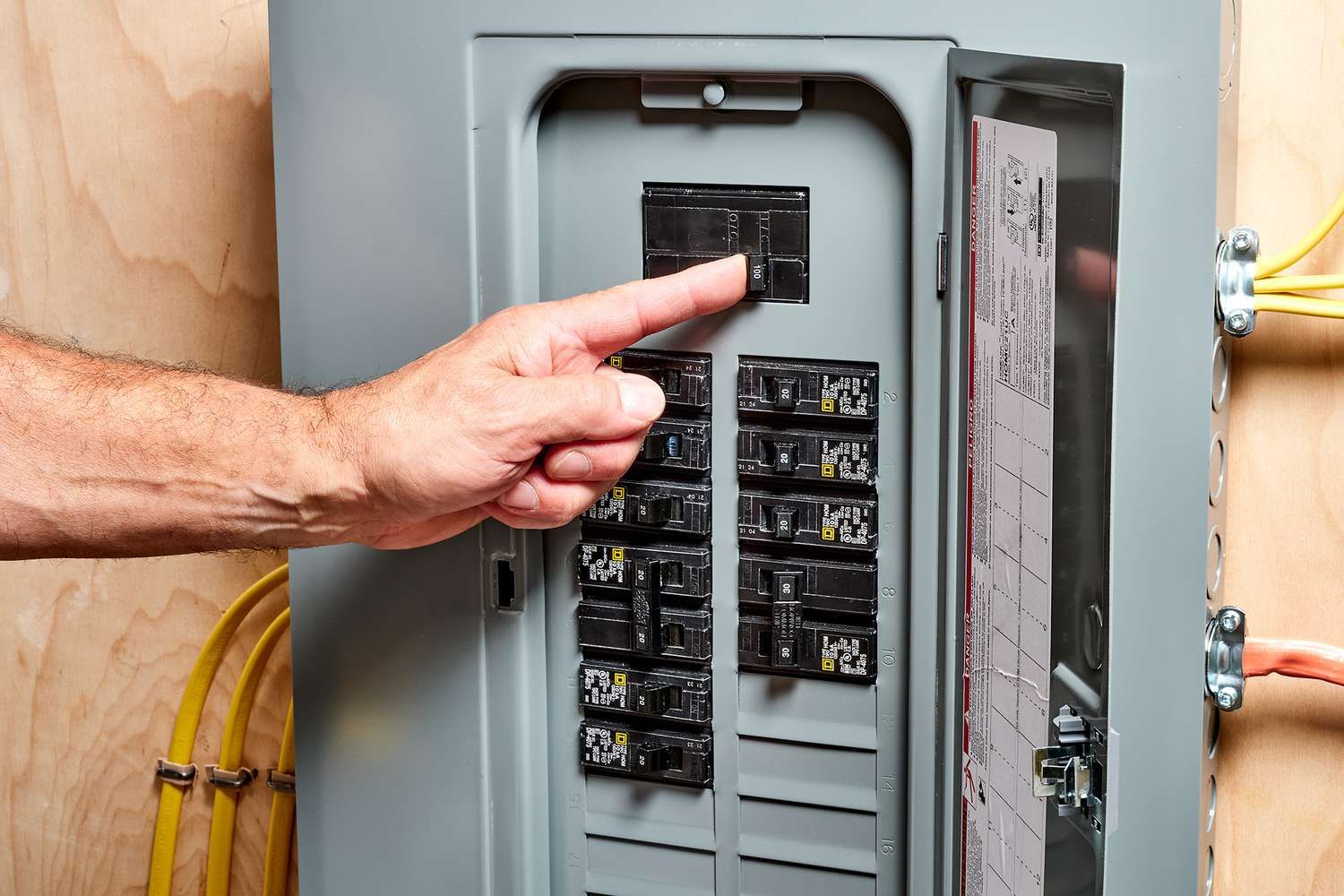

0 thoughts on “How Often Do Circuit Breakers Need To Be Replaced”